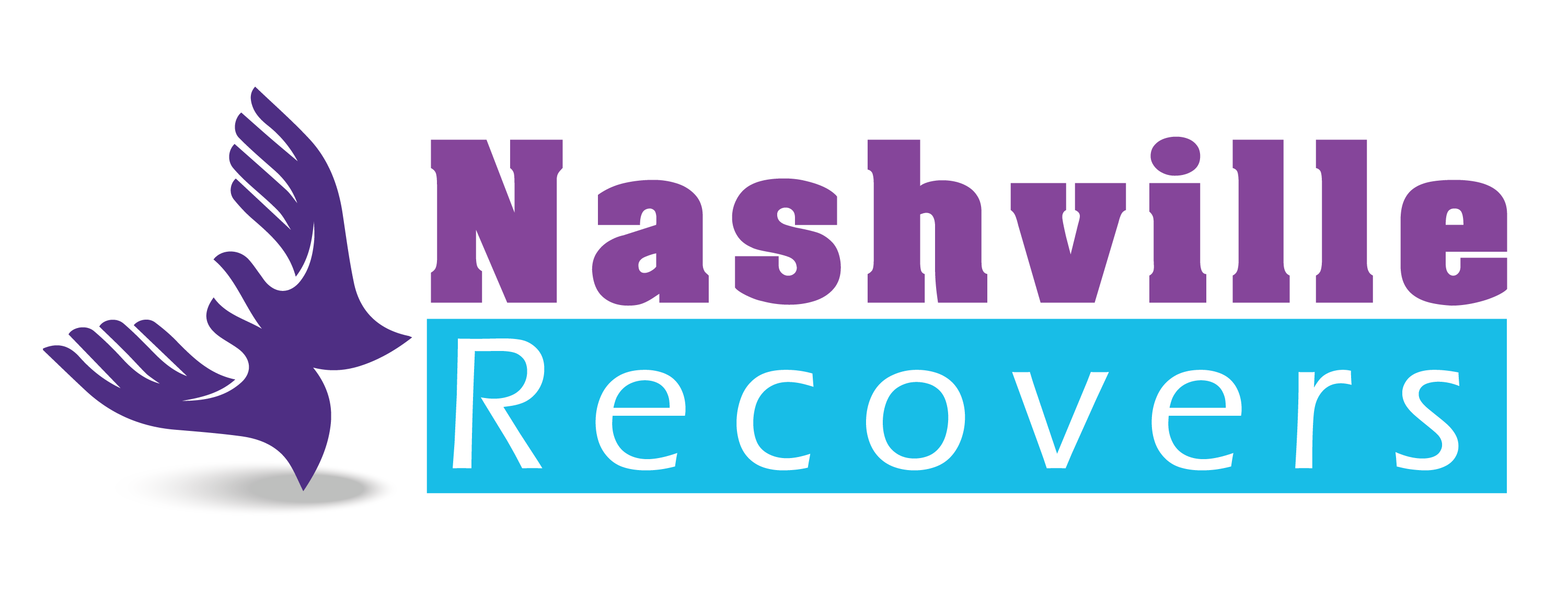My first sponsor announced it loudly to every new young guy in recovery who talked to girls after the meetings:
“The cheese in the trap is always free.”
Everyone would laugh, and most of the guys would go right on hitting on their recovery sisters. Some old-timers would shake their heads because they know from experience – it’s often not a laughing matter.
 The suggestion we always get in recovery: Don’t date in your first year. In fact, don’t make any serious decisions with relationships or money or career or anything, as we are evolving into new people in that first year. But whatever you do, don’t date.
The suggestion we always get in recovery: Don’t date in your first year. In fact, don’t make any serious decisions with relationships or money or career or anything, as we are evolving into new people in that first year. But whatever you do, don’t date.
Lots of folks relapse over failed romantic relationships in that first year, or any other year, for that matter. And some don’t make it back. Beyond that, dating, even when “successful” (whatever that means), can lead to stress and obsessions that we’re just not ready for in early recovery.
“The first year of recovery, you need to give up that and a lot of things. You need to be very focused on what you’re doing,” my first sponsor, John, a Bellevue landscaper, says.
“When we get in uncomfortable situations being sober and being clean, we start to look into things to get into,” he says. “Then we get into that girl and we don’t think about recovery because we’re into her.”
There are exceptions to every suggestion, right? I mean, John and I know and love a couple who got into a relationship in the first year of recovery. And we were both in that couple’s wedding a few weeks ago.
On the flip side, there’s Tiffany, a young addict who has three years clean/sober.
“I started dating a boy when I had 60 days clean; it worked out perfect for the first year or so and then, when it went downhill, I couldn’t leave him because my whole recovery was based on him,” she said.
“I didn’t break up with him until I had two years clean. I didn’t know how to stay clean without him. It was like starting over in my recovery.”
What made Tiffany stay in that relationship?
“I wanted to be loved because I couldn’t love myself, and he promised to love me.”
Real.
“A lot of people in recovery have trauma in their pasts and they want to find that love,” Tiffany adds. “They’ll take it wherever they can get it.”
This is not just a young person’s folly. There’s my good friend Preston, a professional dude in his 50s, who jumped into a relationship in his first year of recovery a few years ago.
Preston heard all the suggestions about staying out of relationships. So why did he do it anyway?
“Fear of being alone,” he says flatly. “Dealing with life without drugs and alcohol manifested itself into a need for a relationship.”
That first relationship in recovery was unhealthy, he said. Why?
“My obsessions with it — and the inability to make the relationship about us and not just about me.”
Wow. Thanks for your honesty, truly.
“I was trying to fill a black hole,” Preston said, “trying to fulfill an emotional need that really should’ve been filled with the spiritual and not the physical.”
To be fair, again, there are those in their first year of recovery who believe they’re in healthy relationships.
Megan, an East Nashville professional in her 20s, is one.
But she’s trying to be careful.
“I feel like I’m a crazy woman all the time, so it’s tricky,” she concedes.
“I do feel like I’ve learned a lot more being with him. I just have to be careful to keep working on myself,” she says. “I have to make sure I don’t get all my self-esteem from him.”
Your thoughts? Your experience? Do please leave a comment below! Thanks for reading this today!


Recent Comments